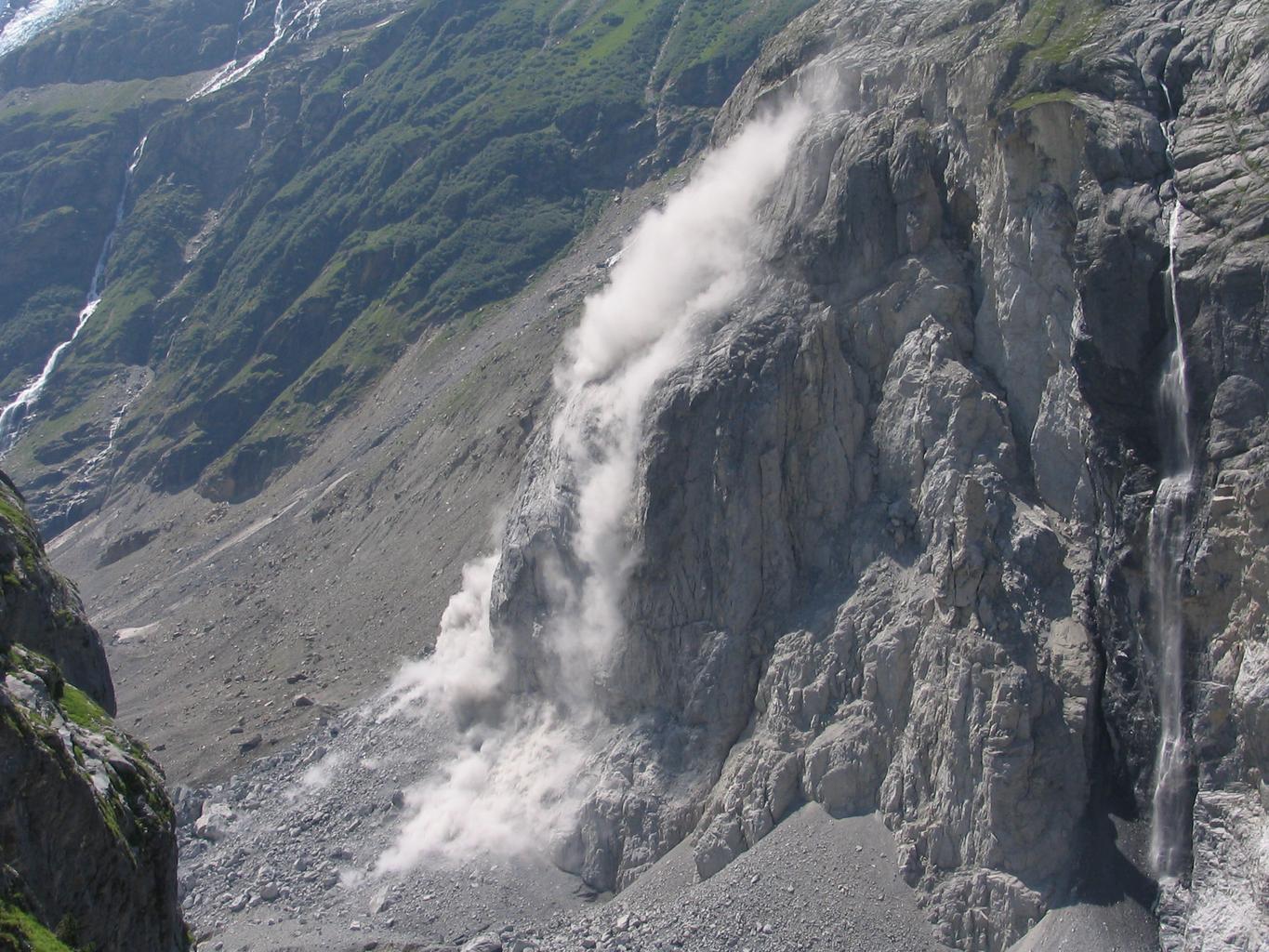As May 2024 progresses, Australia and New Zealand are experiencing a range of significant events that highlight both countries’ resilience and adaptability in facing challenges. Here’s an overview of the latest developments shaping the region of Oceania.
Catastrophic Landslide in Papua New Guinea: A Call to Action
In a tragic turn of events, Papua New Guinea has been hit by a devastating landslide, claiming the lives of over 670 individuals. This catastrophic natural disaster occurred in the Mulitaka region of Enga province, burying entire villages and causing significant displacement and destruction.
Overview of the Disaster
On a fateful Friday, the landslide engulfed more than six villages and 150 houses in a deadly blanket of mud and rock, leaving a vast area approximately 600 km from the capital, Port Moresby, in dire straits. Rescue efforts have been hampered by ongoing soil instability and adverse weather conditions, complicating the already challenging task of reaching and recovering victims.
Impact and Response
The International Organization for Migration (IOM) has been at the forefront, coordinating a response that has seen the recovery of only a handful of bodies so far. Local communities, using basic tools, are desperately trying to uncover any survivors and retrieve the bodies of their loved ones. Over 1,250 people have been displaced, seeking temporary refuge with relatives or in makeshift shelters.
The scale of the tragedy has prompted international aid responses, with helicopters being deployed to bypass destroyed roads and deliver much-needed supplies and assistance. The Australian government and various NGOs are working tirelessly to provide relief and mitigate further risks, as the unstable terrain continues to pose a severe threat.
Reflections on Disaster Preparedness and Management
This disaster highlights the critical need for robust disaster preparedness and management strategies in regions prone to natural calamities. It raises questions about how nations can better predict such events and coordinate more effective responses.
Compassionate Farewell: The Case of Tracy Hickman
In a poignant story of choosing one’s final moments, Tracy Hickman, a terminally ill British woman, has highlighted the ongoing debate around assisted dying through her dignified departure on a beach in New Zealand.
After battling breast cancer for years and facing a prognosis that left her with mere months, Tracy chose to utilise New Zealand’s assisted dying laws to end her life surrounded by the sounds and sights she loved. Her choice brings to light the stark contrasts in euthanasia laws between New Zealand and the UK, her home country, where assisted dying remains illegal.
Tracy’s story is not just about her ending her life in peace but also about her campaign for similar rights in the UK. Her actions and words have reignited discussions on the right to a dignified death, influencing public opinion and legislative conversations.
The legal frameworks that govern assisted dying vary significantly across countries. Tracy’s case underscores the complexity of these laws and the ethical dilemmas they pose, particularly regarding patient autonomy and the role of government in personal health decision
Joint Cybersecurity Efforts
In response to a massive data breach affecting consumer finance giant Latitude Group, Australia and New Zealand have launched a joint investigation. Hackers accessed the personal information of approximately 290,000 customers, prompting both countries’ privacy commissioners to examine Latitude’s data protection practices and compliance with privacy laws. This investigation underscores the increasing importance of cybersecurity and data protection in the digital age.
Environmental and Social Initiatives
In New Zealand, efforts are underway to address environmental and social issues. The government has allocated $2 million to clear Auckland’s waterways of debris following severe weather, emphasizing community-led clean-up initiatives. Additionally, New Zealand is facing a rise in youth unemployment, with 82,000 young people currently not in education, employment, or training. This trend has prompted calls for more robust social and economic support systems to help integrate young people into the workforce.
Further Reading
